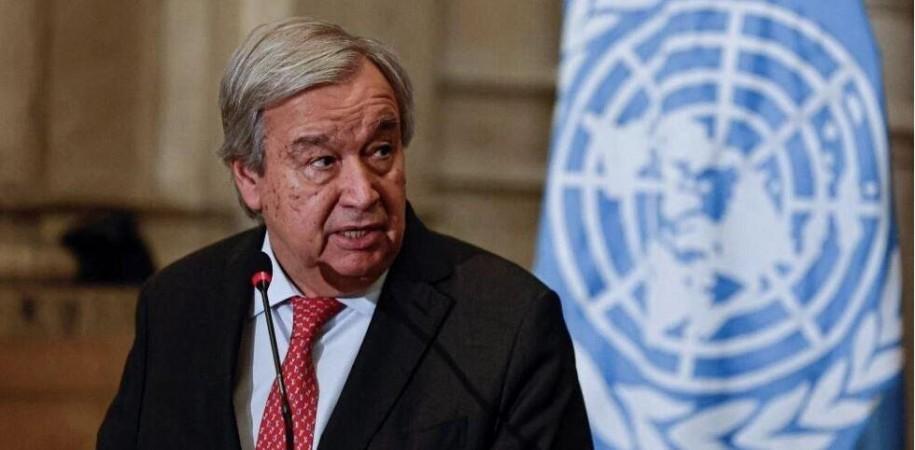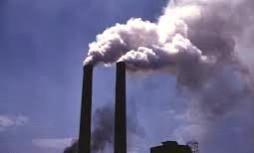
The world marked the fifth annual International Day of Clean Air for blue skies on Saturday, with calls for investment in clean air solutions as air pollution is increasingly causing public health, environmental, and economic problems.
More than 99 per cent of humanity is now breathing polluted air, leading to more than eight million annual deaths, including more than 700,000 children under five.
Dirty air disproportionately affects more vulnerable populations such as women, children and older people.
Air pollution has become the second leading risk factor for early death globally, overtaking tobacco for adults and second only to malnutrition for children under five. Yet despite the already high and still rising economic, environmental and existential impact of air pollution, which each year costs the world $8.1 trillion in health damages alone, less than one per cent of international development funding is dedicated to tackling it.
In addition to this silent killer's toll on human health, "pollution is also choking economies and heating up our planet, adding fuel to the fire of the climate crisis," UN Secretary-General António Guterres said in his message for the day, which the UN General Assembly designated as a day to champion clean air causes in 2019.

Led by the UN Environment Programme (UNEP), this year's theme focuses on amplifying global calls to invest in #CleanAirNow to ensure a healthier and more prosperous future for people and the planet.
"Investing in clean air requires actions by both government and businesses to phase out fossil fuels, strengthen air quality monitoring, enforce air quality standards, boost renewable energy, transition to clean cooking, build sustainable transport and sustainable waste management systems, clean up supply chains, and reduce harmful emissions, including methane," the UN Secretary-General said.
Ahead of Clean Air Day, the UNEP-convened Climate and Clean Air Coalition (CCAC) launched AQMx, a global air quality management platform, on September 5 in response to calls from countries for greater regional knowledge sharing and action on improving air quality that led to a resolution at this year's UN Environment Assembly (UNEA-6) talks.
UNEP Executive Director Inger Andersen used her Clean Air Day message to call for greater investment in air pollution solutions in all societies, and an end to the violation of every human being's fundamental right to breathe clean air.
"We are asking nations, regions and cities to establish robust air quality standards by backing renewable energy and sustainable transport, holding industry to account with strict emission standards, and integrating air quality into climate action," she said.
"We are asking for strong funding through redirecting fossil fuel subsidies, through grants or microloans for cleaner cooking technologies, and through serious private sector engagement and investment," she said.
"We are asking for collective action, from international development initiatives to individuals that can make small changes in their own lifestyles," she added.
Events across the world marked the International Day of Clean Air for blue skies: South Africa held a two-day conference, and UNEP supported a webinar to highlight how African cities can avoid open burning of waste.
There were high-level discussions in Asia featuring youth voices from across the continent, and a celebration on the site of a former steel mill in Beijing that was transformed into an outdoor Olympic Games area to tackle air pollution.
The good news is that air pollution is preventable, and people around the world are stepping up to address the crisis.
Proving that change is possible, some cities have slashed air pollution levels, while countries have committed to reducing methane -- a potent air pollutant also driving global warming -- through the Global Methane Pledge and developed integrated plans to comprehensively tackle air pollution.
(With inputs from IANS)








